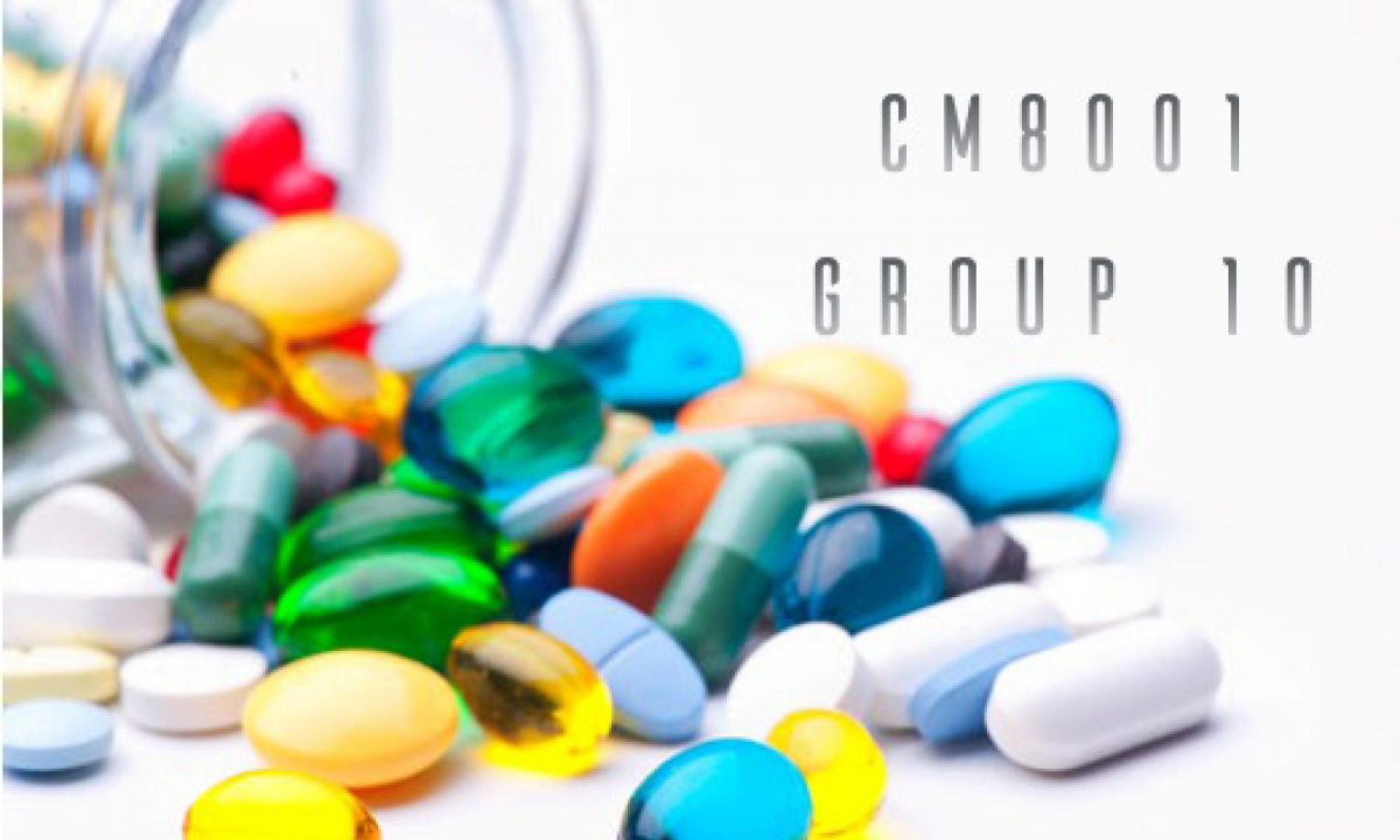Topic: Prescription, Generic, and Over-the-counter medicines
Over-the-counter (OTC) drugs are medicine sold directly to a consumer without prescription from a healthcare professional. Whereas prescription drugs are medicine that legally requires a medical prescription to be dispensed. Generic medicines are any drug marketed under its chemical name without advertising, and is usually is cheaper than brand name drug.
Why is it important?
What is the difference between a Drug and a Medicine?

Medicine is any substance that is designed to prevent or treat diseases and a drug is designed to produce a specific reaction inside the body. While there is considerable overlap between the two types of substances, these differences are also quite important. Most of the medicines that are also drugs are considered “controlled substances.” This means that there are laws governing their use and that using them in ways contrary to those laws can lead to criminal charges. Antidepressants like Lexapro are drugs, in that they are designed to help alleviate the physical symptoms of depression. However, they are also used in the treatment of the chemical imbalance that leads to depression, so Lexapro is alsoa medicine. Cocaine, on the other hand, is a drug designed to create a specific mental reaction that leads to a “high” for the user. However, the medical establishment does not recognize any medical benefits for cocaine at this time. Over-the-counter anti-inflammatory medicines such as Advil are designed to treat pain, but they do not have a strong enough effect to fit into a controlled substance classification, unlike stronger pain relievers. This means that these are medicines rather than drugs. Understanding the similarities and differences between drugs and medicines is an important part of medical and pharmaceutical training.
Generic Medicine
A generic drug is a pharmaceutical drug that is equivalent to a brand-name product in dosage, strength, route of administration, quality, performance, and intended use. The term may also refer to any drug marketed under its chemical name without advertising, or to the chemical makeup of a drug rather than the brand name under which the drug is sold. The Food and Drug Administration (FDA) requires generic drugs to have the same quality, strength, purity and stability as their brand-name versions. Generic medicine are very often much cheaper than the branded drug. One example is the brand name is Tylenol and the generic name is acetaminophen.
Over-the-counter Medicine

Over-the-counter (OTC) drugs are medicines sold directly to a consumer without a prescription from a healthcare professional, as compared to prescription drugs, which may be sold only to consumers possessing a valid prescription. In many countries, OTC drugs are selected by a regulatory agency to ensure that they are ingredients that are safe and effective when used without a physician’s care. OTC drugs are usually regulated by active pharmaceutical ingredients(APIs), not final products. By regulating APIs instead of specific drug formulations, governments allow manufacturers freedom to formulate ingredients, or combinations of ingredients, into proprietary mixtures. In many countries, these drugs are often placed on shelves in self-service areas of stores, like any other packaged products. In contrast, prescription drugs are almost always passed over a counter from the pharmacist to the customer. Some drugs may be legally classified as over-the-counter (i.e. no prescription is required), but may only be dispensed by a pharmacist after an assessment of the patient’s needs or the provision of patient education. In many countries, a number of OTC drugs are available in establishments without a pharmacy, such as general stores, supermarkets, and gas stations. Regulations detailing the establishments where drugs may be sold, who is authorized to dispense them, and whether a prescription is required vary considerably from country to country.
Prescription Medicine

A prescription drug (also prescription medication or prescription medicine) is a pharmaceutical drug that legally requires a medical prescription to be dispensed. In contrast, OTC drugs can be obtained without a prescription. The reason for this difference in substance control is the potential scope of misuse, from drug abuse to practicing without a license and without sufficient education.
What is the difference between prescription drugs and OTC drugs?
A drug is a substance intended for use in the diagnosis, cure, mitigation, treatment, or prevention of disease. Here are the main differences between OTC drugs and prescription drugs.

Prescription drugs are:
- Prescribed by a doctor
- Bought at a pharmacy
- Prescribed for and intended to be used by one person
- Regulated by FDA through the New Drug Application (NDA) process. This is the formal step a drug sponsor takes to ask that the FDA consider approving a new drug for marketing in the United States. An NDA includes all animal and human data and analyses of the data, as well as information about how the drug behaves in the body and how it is manufactured.
- Marsden, Kathryn. (n.d.). An important note about prescriptions. Retrieved from http://kathrynmarsden.com
- Silverman, Ed. (2016, March 2). FDA still struggling with backlog of generic drug applications. Retrieved from http://statnews.com/pharmalot/2016/03/02/fda-generic-drugs/
- Symptom Checker, Health Information and Medicines Guide. (n.d.). Retrieved April 02, 2017, from http://www.patient.co.uk/
- Pharmaceutical Drugs. (n.d.). Retrieved from http://en.wikipedia.org/wiki/Pharmaceutical_ drug
- Prescription drug. (2017, March 21). Retrieved April 02, 2017, from https://en.wikipedia.org/wiki/Prescription_drug
- Over-the-counter drug. (2017, April 03). Retrieved April 04, 2017, from https://en.wikipedia.org/wiki/Over-the-counter_drug
- Carrns, A. (2011, October 31). Some Help Getting Reimbursed for OTC Drugs. Retrieved April 02, 2017, from https://bucks.blogs.nytimes.com/2011/10/31/some-help-getting-reimbursed-for-otc-drugs/?_r=0
- WebMD Drugs & Medications – Medical information on prescription drugs, vitamins and over-the-counter medicines. (n.d.). Retrieved April 02, 2017, from http://www.webmd.com/drugs/
- Center for Drug Evaluation and Research. (2017, March 23). Questions & Answers – Prescription Drugs and Over-the-Counter (OTC) Drugs: Questions and Answers. Retrieved April 01, 2017, from https://www.fda.gov/drugs/resourcesforyou/consumers/questionsanswers/ucm100101.htm
